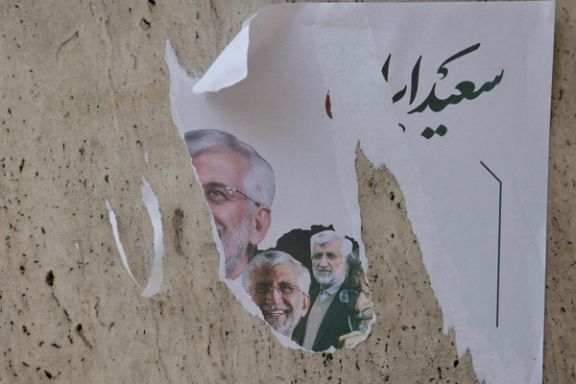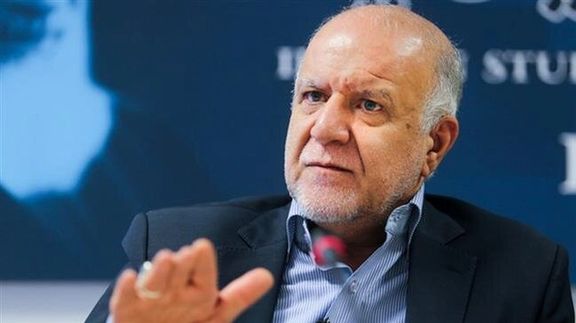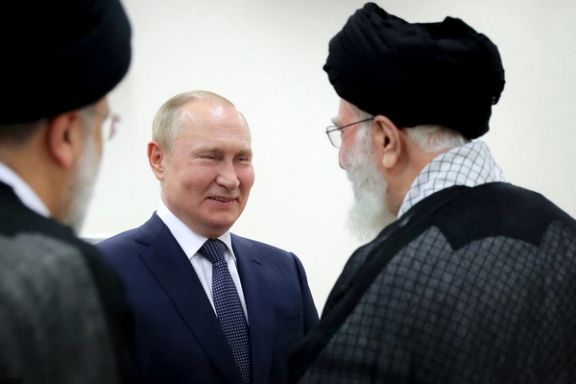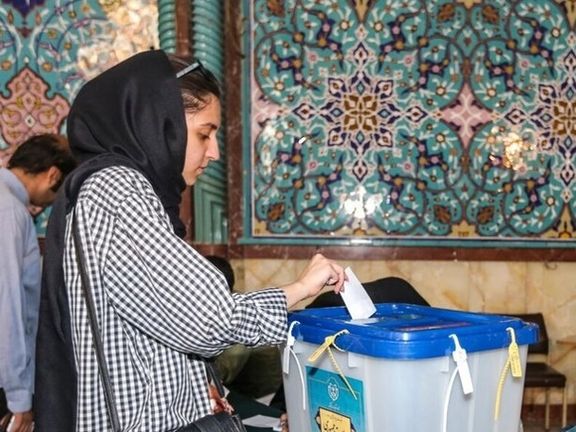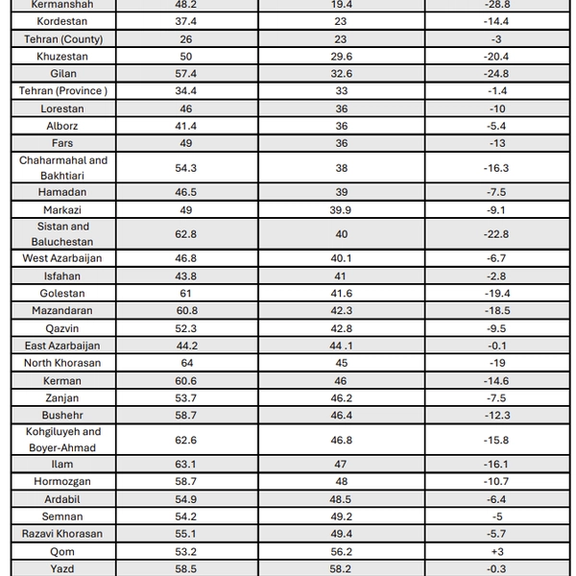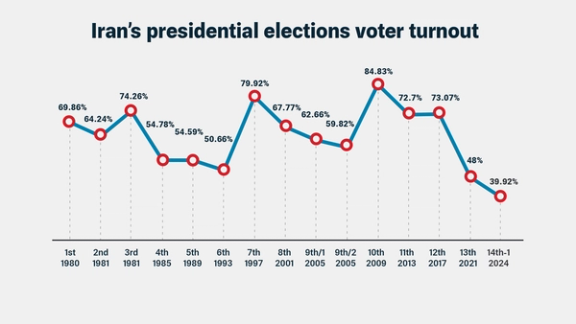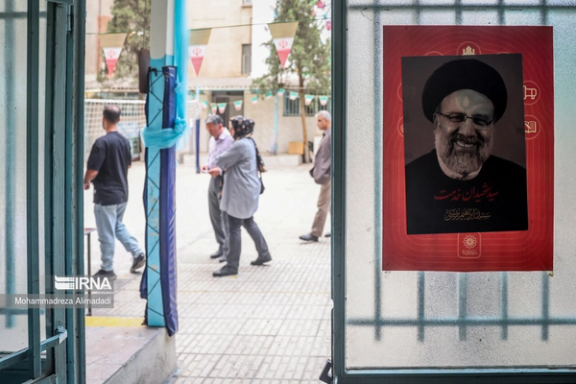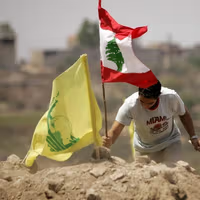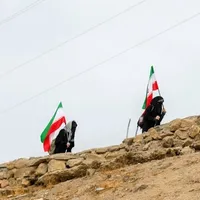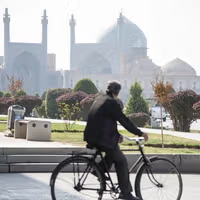A recent report by the Royal Institute of International Affairs, commonly known as Chatham House, a British think tank based in London delves into the complexities surrounding Iran’s presidential election and its potential impact on the country’s foreign relations, particularly with Russia.
The recent deaths of President Ebrahim Raisi and Foreign Minister Hossein Amir-Abdollahian in May following a freak helicopter crash, have left a significant void in Iran’s foreign policy strategy according to Chatham House’s report: The two main supporters of rapprochement with Russia were Raisi and Amir-Abdollahian, the report says.
It also suggests that the future of Iranian-Russian relations, which had been moving towards a more institutionalized partnership, now hinges on the stance of the next Iranian president.
It notes that while acting President Mohammad Mokhber and acting Foreign Minister Ali Bagheri-Kani continue to emphasize the strategic nature of the relationship, incoming leadership may prioritize economic recovery over deepening ties with Moscow: "However, the main candidates in the presidential race are all signaling that their priorities are relieving sanctions and improving the economy – not a special relationship with Moscow."
Supreme Leader’s influence and future directions
Regardless of the outcome of the presidential elections, Iran’s Supreme Leader Ali Khamenei’s influence remains pivotal in shaping the country’s foreign policy. As highlighted by Chatham House, his endorsement of previous initiatives, including the 'turn to the East' strategy – a strategy to strengthen political, economic, and strategic ties with Eastern hemisphere countries, especially with Ruassia and China, aiming to expand alliance networks and reduce Iran’s vulnerability to Western influence – underscores Iran’s approach to navigating international pressures and sanctions.
However, the Chatham House report suggests that Khamenei’s strategic calculus may evolve depending on the election outcome and broader geopolitical shifts. It notes, "Even the Supreme Leader may change course on Russia if the interests of the regime require it."
Iran’s economic crisis
The election takes place against a backdrop of profound economic turmoil in Iran. The country is confronted with a staggering infrastructure deficit amounting to $500 billion, alongside persistent annual inflation rates exceeding 40% for the past five years. The sharp devaluation of Iran’s currency, the rial, has plunged millions of Iranians into poverty, exacerbating socioeconomic challenges. Despite Iran's vast oil reserves, gasoline shortages persist, highlighting ongoing economic complexities.
However, against this backdrop, candidates have not seriously Khamenei's strategic policies of remaining steadfast in expanding Iran's nuclear program or continuing a regional confrontation with Israel and the United States. The "revolutionary" foreign policy has gone unchallenged by the candidates. In fact, Saeed Jalili is the most hardline politician when it comes to a confrontational foreign policy.
“Two problems face whoever wins Iran’s presidential race: to bring the economy out of crisis and to reduce the external pressure exerted on the country through sanctions,” the report emphasized.
Chatham House in its report agrees that Jalili takes a confrontational stance, advocating not only forcing the lifting of sanctions but also for compelling sanctioning countries to repent.
During the fourth presidential debate, Jalili highlighted Russia's conflict with the EU as an opportunity for Iran to boost exports, such as vegetables previously imported by Russia from Europe. This has raised eyebrows in Iran that Jalili is suggesting meager income from vegetable exports, while Tehran's foreign policy has cost the country hundreds of billions of dollars in lost oil revenues and economic development.
The only so-called ‘reformist’ candidate, Masould Pezeshkian has criticized Iran’s ‘turn to the East’ strategy and suggested opening the country to the West, as well as reducing tensions with the US, the Chatham House report said. Despite this, Pezeshkian has consistently maintained that he remains loyal to Khamenei - meaning that should Khamenei decide to continue support for the 'turn to the East' strategy, Pezeshkian would follow suit.
Candidates downplay ties to Russia
The report further notes, "Immediately after Raisi’s death, the Kremlin tried to put the discussion of a long-term bilateral agreement on pause, willing to see the outcome of the presidential race in Iran."
While Russia remains a crucial ally for Iran, particularly in circumventing international sanctions and coordinating on regional security issues, the next Iranian administration’s orientation towards the West could reshape these dynamics: "Any lifting of sanctions and restoration of ties with the West will require Tehran to revise its relations with Russia, although not necessarily immediately."
Contrarily, the report indicated that Jalili offers scant optimism for genuine friendship with Russia. Although he does not prioritize Russia in Iran’s foreign policy discourse, rather mentions Moscow within the broader ‘turn to the East’ context alongside China and India.
Moreover, the report underscores the potential for gradual shifts in Iranian foreign policy depending on internal and external pressures: "The bottom line is that while there is no chance for the immediate and deep revision of Russian–Iranian ties, the erosion of the current format is quite possible in the medium term, should the new president succeed in launching the sanctions-lifting process."
